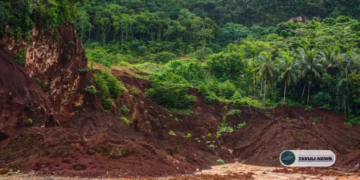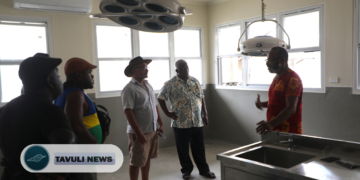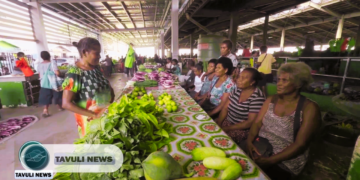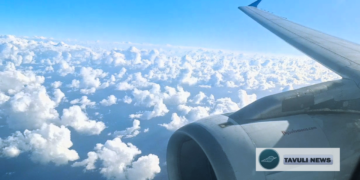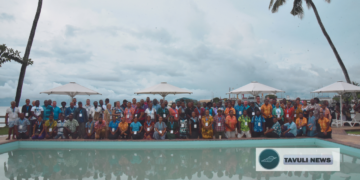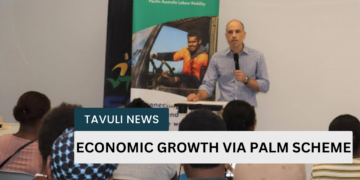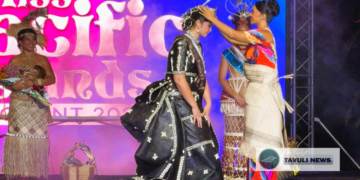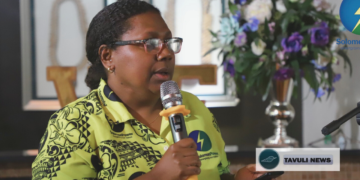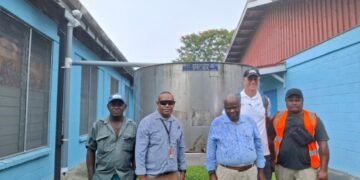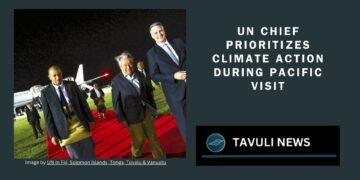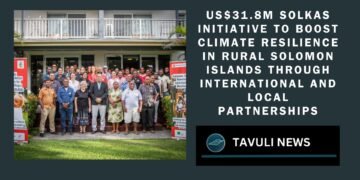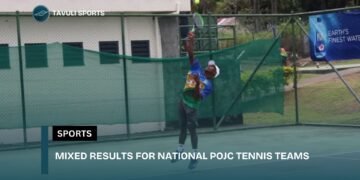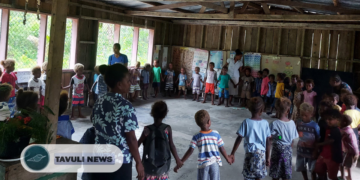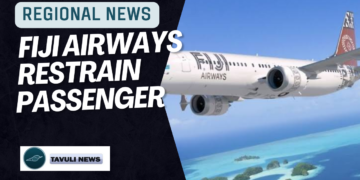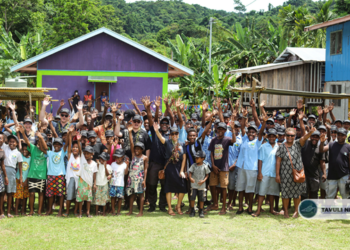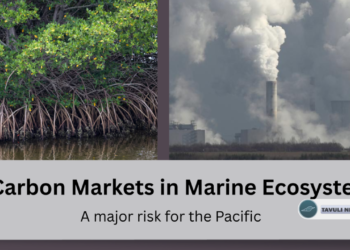Violence against children in the Pacific remains high, prompting urgent calls for stronger child protection in schools.
The prevalence of violence against children in the Pacific remains a significant concern, with rates among the highest globally. This issue is reflected in data from the Multiple Indicator Cluster Survey* and other research conducted across the region. For instance, in Fiji and Nauru, 81 percent of children aged 1-14 years have experienced violent discipline, while the rate rises to 91 percent in Samoa.
To address these challenges, representatives from the education sectors of 11 Pacific Island countries have gathered this week for a two-day Regional Conference on Counselling and Child Protection Policy in Schools. The conference provides a platform for collaboration and resource-sharing aimed at enhancing child protection mechanisms within schools, with a focus on creating safe environments for all children.
The conference emphasizes the need for inclusive and accessible child protection policies that can be effectively implemented within school communities, ensuring that children’s safety and well-being are prioritized in educational settings.
“Given the high rates of violence and abuse in the region, it is essential to establish schools that provide safety, quality counselling, and strong child protection systems,” said UNICEF Pacific Representative Jonathan Veitch. “Urgent action is required to strengthen support systems and ensure every child receives the protection and care they deserve within the school environment.”
The 11 Pacific Island countries participating in the conference include Fiji, Nauru, Kiribati, Samoa, Solomon Islands, Tonga, Tuvalu, Vanuatu, Republic of the Marshall Islands, Federated States of Micronesia, and Palau.
This regional conference is part of UNICEF’s contribution to the PacREF partnership, supported by the Global Partnership for Education, the Government of New Zealand, and the Asian Development Bank.
Source: UNICEF

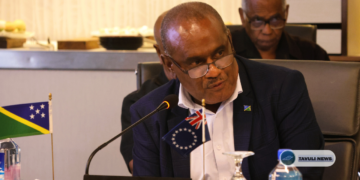
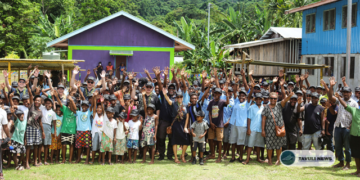

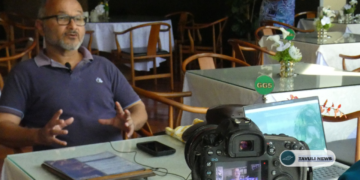
![Chovohio [left] and Charivunga [right] confluence, to create a dam for sediment control](https://www.tavulinews.com.sb/wp-content/uploads/2025/04/Add-a-heading-43-360x180.png)
